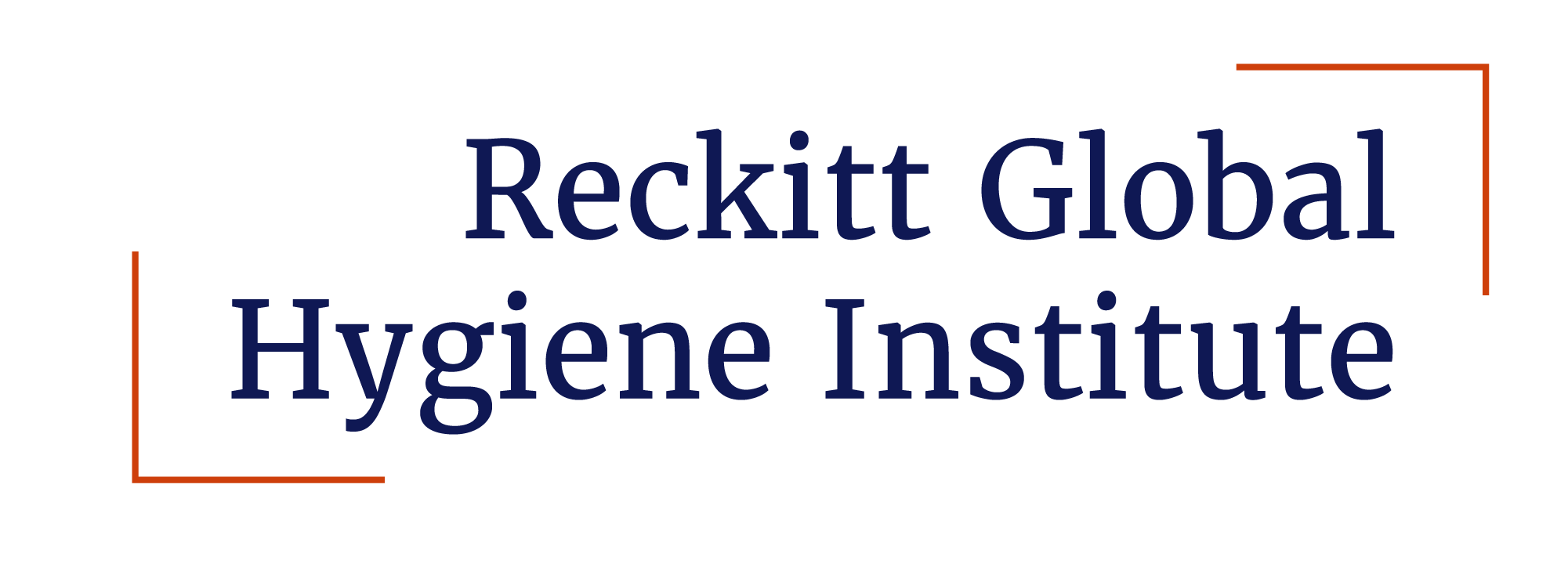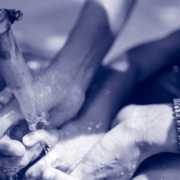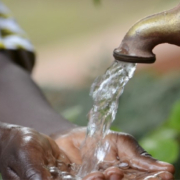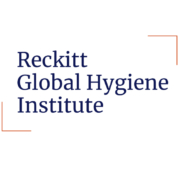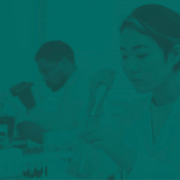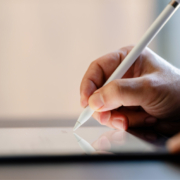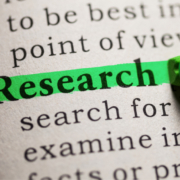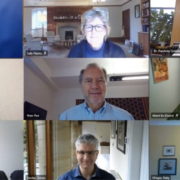A life-course approach to hygiene: understanding burden and behavioural changes
Economist intelligence unit report calls for more diverse hygiene research
Reliable and diverse hygiene science = improved public health
COVID-19 focuses the attention on the importance of hygiene
The Economist Intelligence Unit has today, the 2nd of February 2021, published a report entitled ‘A life-course approach to hygiene: understanding burden and behavioural changes’ (EIU Link).Sponsored by the Reckitt Global Hygiene Institute this report uses a life-course approach to examine the burden, challenges, and opportunities of specific infectious diseases and hygiene challenges at four key life stages – Childhood and hygiene: a focus on diarrhoea; Adolescence and hygiene: a focus on menstrual hygiene; Adults and hygiene: a focus on slums; and Older people and hygiene: a focus on respiratory hygiene.
COVID-19 has brought hygiene, and, more specifically, the role it can play in our health, into sharp focus and further reinforced the fact that prevention is better than cure. However, despite hygiene being the preventive component of the global fight against infectious diseases it has languished as a minority scientific and political interest for decades.
One of the key findings of the EIU Report is the need for more diverse hygiene research across the globe – the RGHI aims to address this. Established with the mission of enabling and accelerating a portfolio of hygiene science to improve public health through better outcomes and behaviors.
Simon Sinclair, Executive Director, RGHI said: “The RGHI was set up as a catalyst for change. However, the touchstone for behavioural change must be solid, robust, and well-founded scientific evidence as outlined in the EIU report. The COVID pandemic has been marred by disputes about the evidence on which public health recommendations were based. To move forward we need to be humble about what we know, and what we do not.”
To fill the gaps in science-based evidence around hygiene, the RGHI was launched with a $25 million grant from Reckitt Benckiser. The members of the RGHI Expert Panel, tasked with guiding these research efforts are:
- Professor Peter Piot, Director of the London School of Hygiene & Tropical Medicine
- Professor Feng Cheng, Research Center for Public Health, Tsinghua University School of Medicine, Tsinghua
- Dame Sally Davies, Master of Trinity College, Cambridge
- Professor Randeep Guleria, Director, All India Institute of Medical Sciences (AIIMS)
- Professor Dr. Albert Ko, Department Chair and Professor of Epidemiology, Yale School of Medicine
- Professor Muhammad Ali Pate, Global Director for Health, Nutrition and Population, World Bank Group
- Professor Teo Yik Ying, Dean, Saw Swee Hock School of Public Health, National University of Singapore
The RGHI Expert Panel will also play a guiding role in the RGHI Fellowship Programme determining specific areas for research by promising early career academics. The first fellowships will be awarded this year.
Dr. Sinclair continued: “COVID-19 has been a global tragedy that will be woven into the economic and social fabric of society for many generations to come. Despite its dark side, the legacy opportunity of COVID-19 is the triggering of a social movement that sees hygiene raised up the health agenda – something that will benefit all global citizens. However, we cannot expect consumers to adopt practices or for governments to change or develop relevant policies if there is no solid and reliable evidence to support those actions. Through the development of the RGHI and, specifically, our Fellowship programme we hope to deliver impactful scientific papers and create a new generation of scientific leaders that will drive improvements in global hygiene.
“Hygiene, and its impact on health, is an issue which affects us all – COVID-19 is a perfect example of that. It is also a complex area that is fraught with social and cultural nuances. Lack of infrastructure, consumer beliefs and economic value, to name but a few, are all elements that will play a role in how we effect change.
“We are under no illusion. We recognise that there is often a gulf between recommended practice and the social and economic environments in which they are to be implemented. Therefore, the RGHI intends to work with a broad range of stakeholders to realise our vision through the development of robust science and associated policy. Hygiene is a basic right. But the lack of importance we have historically given this area of science is costing lives. This is our wake-up call and, as global citizens, we each have a role to play.”
FOR MEDIA INFORMATION:
Sarah Roberts / Simon Vane Percy
Vane Percy & Roberts
+44 (0)1737 821890
